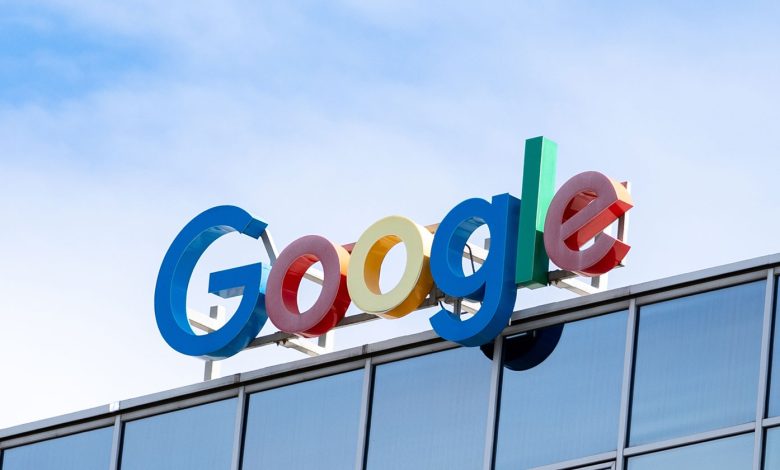
Google has responded to the U.S. Department of Justice’s antitrust proposals aimed at addressing its dominance in search and online advertising by arguing that these remedies could compromise user security, increase consumer costs across various industries, and hinder AI innovation.
Google outlined three arguments on why the DOJ proposals might negatively impact consumers and disrupt innovation across sectors. The company also challenged common perceptions about search and advertising.
Three Reasons Why DOJ Proposals May Harm Innovation
Google presents three arguments regarding how the DOJ proposals could potentially harm consumers and stifle innovation.
1. Privacy and Security Risks
One DOJ proposal suggests that Google should share its search query, click, and search data with competitors. Google contends that this would create privacy and security risks for users because search queries can reveal sensitive personal information, increasing the chance of it falling into the wrong hands.
Google cited a 2006 New York Times article detailing a data breach at AOL, which demonstrated how search data can reveal personal information even if users’ identities are not directly exposed.
The New York Times reported:
“It did not take much investigating to follow that data trail to Thelma Arnold, a 62-year-old widow who lives in Lilburn, Ga., frequently researches her friends’ medical ailments and loves her three dogs. ‘Those are my searches,’ she said, after a reporter read part of the list to her.
AOL removed the search data from its site over the weekend and apologized for its release, saying it was an unauthorized move by a team that had hoped it would benefit academic researchers.”
2. Risk of Stifling AI Innovation
The ongoing AI boom owes much to many of Google’s innovations that were subsequently open-sourced, including transformer technology in 2017. This technology laid the groundwork for generative AI models like ChatGPT and other applications.
Google argues that the DOJ’s proposed remedies would hinder innovation by affecting an industry that is still in its infancy and highly competitive, with no monopolies requiring intervention.
“There are enormous risks to the government putting its thumb on the scale of this vital industry — skewing investment, distorting incentives, hobbling emerging business models — all at precisely the moment that we need to encourage investment, new business models, and American technological leadership.”
3. DOJ Proposals Will Negatively Impact Many Industries
Google has invested heavily in creating, maintaining, and improving technologies like Android and Chrome, which are open-sourced to enable the growth of multiple industries.
Android is an open-source mobile operating system that has become a global leader by making mobile technology accessible worldwide at reasonable prices, while Chrome is a foundational open-source technology for other browsers.
Both technologies underpin a wide range of industries, from televisions to fitness devices and automotive technology.
Google claims that the DOJ’s proposal to separate Android from Google would lead to decreased investment in the technology and increased costs for devices that currently rely on Android and Chrome.
Two Claims That Challenge Assumptions About Search and PPC
Google challenges assumptions about its dominance in advertising and search by making claims that encourage a reevaluation of these markets.
1. Restrictions on Search Distribution
Google contests restrictions on partnerships with platforms that make Google Search the default search engine. According to Google, these restrictions are overly broad and could reduce income for open-source innovators, such as Mozilla, while raising costs for consumers on products like mobile phones.
2. Proposals for Online Advertising Will Harm Consumers and Businesses
Google argues that changes to its online advertising model would reduce its usefulness for businesses and negatively impact consumers. They assert that such changes would harm small publishers.
“Google’s innovative ads system has leveled the playing field for small businesses and publishers. Small advertisers can reach customers the same way as large ones do — with no minimum spend and no upfront commitments. And this ads system helps small websites earn revenue from online advertising, just like large publishers.”
These claims challenge preconceived notions about Google’s dominance in search and advertising.
Google at a Crossroad
The DOJ is proposing remedies for what it regards as monopolistic practices that harm competition. Google counters these claims by showcasing how its innovations have fostered new industries, encouraged competition, and reduced consumer costs.
Featured Image by Shutterstock/Longfin Media


